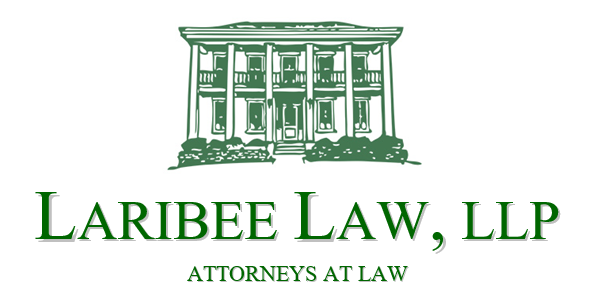By Michael L. Laribee, Esq.
•
08 Nov, 2022
The legal transfer of real property is achieved through documents known as deeds. Generally, every deed must be in writing, name the party receiving the real property (known as the “grantee”), be signed by the transferring party (known as the “grantor”) before a notary public, and be recorded in the county recorder’s office where the real property is located. Ohio law sets forth several statutory deed forms, however two types of deeds are most common: general warranty deeds and quitclaim deeds. Both effectively transfer the grantor’s ownership. Both must be executed and recorded in the same way. However, that’s where the similarities end. A general warranty deed contains very specific covenants on the part of the grantor with the grantee. At the time of the delivery, the grantor warrants to the grantee the following: the grantor lawfully possesses the highest right, title, and interest that one can have in real property (known as “fee simple”); that the real property is free from encumbrances (liens, mortgages, encroachments, and interests of others); that the grantor has the absolute right to transfer the real property to the grantee; and, that the grantor will defend the grantee and the grantee's heirs, assigns, and successors, against claims and demands asserted by all persons relating to the real property. Essentially, a general warranty deed allows a grantee to sue the grantor in the future if the grantee incurs damages as a result of title defects in the real property. A quitclaim deed, however, transfers only those rights which a grantor has in the property at the time of the conveyance. Unlike a warranty deed, it does not warrant that the grantor possesses the highest right, title, and interest in the real property. At the time of the delivery, the grantor warrants only the following: the premises are free from all encumbrances made by the grantor himself/herself; and, the grantor will defend the grantee against the claims and demands of all persons claiming by, through, or under the grantor only, but against no other party. In other words, the grantor only remains responsible for title problems the grantor created himself/herself. The grantor is not responsible for claims of any third parties. A quitclaim deed is often used when there are title imperfections in the real property. The grantee of a quitclaim deed takes the land subject to all existing claims against it as well as any rights the grantor might have enforced. Basically, the grantee takes “the good, the bad, and the ugly.” Co-owners of real property, spouses, or members of the same family often use quitclaim deeds to transfer title among themselves when they are not concerned about liens, encumbrances, or interests of third parties. When conveying or receiving real property, it is important to consult with a real property attorney and explore all options available. That way, the parties truly understand what rights and interest they are transferring and receiving as well as their ability to collect damages if problems arise in the future. The attorneys at Laribee Law, LLP are here to assist you. Michael Laribee is a partner in the Medina law firm of Laribee Law, LLP. This article is intended to provide general information about the law. It is not intended to give legal advice. Readers are urged to seek advice from an attorney regarding their specific issues and rights.

